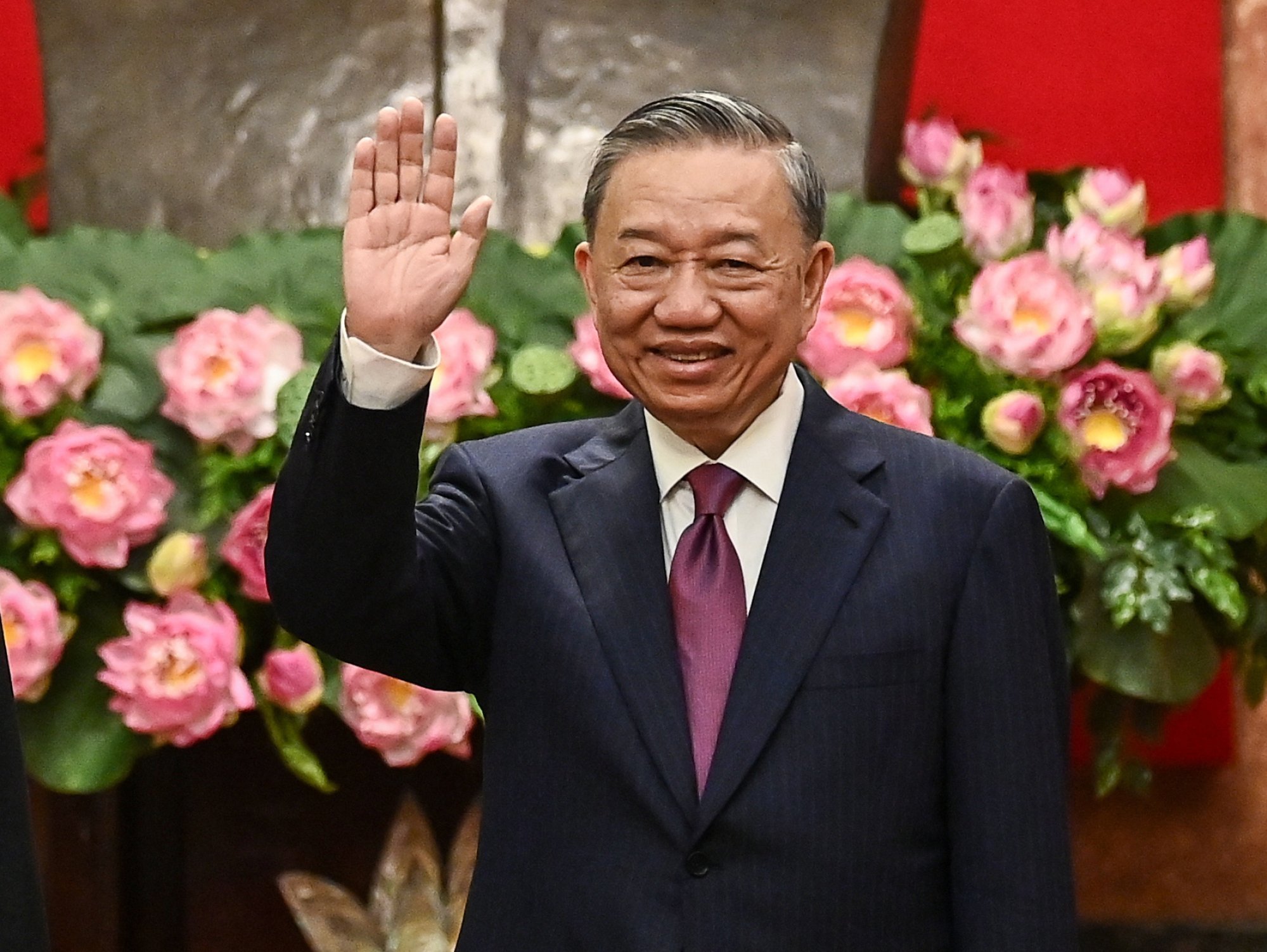Vietnamese social media mourns the death of “perfect communist” Nguyen Phu Trong

“A big heart has stopped beating,” Hoang Quoc Ky wrote on his Facebook page after replacing his cover photo with an image of the Vietnamese national flag flying at half-mast.
“He was a clever and perfect communist, an astute politician … who devoted his whole life to socialism and the happiness of the people,” Ky added.
“Trong was a very enthusiastic patriot in his own way,” blogger DzungArt Nguyen wrote in a Facebook post.
“(We) acknowledge his suffering…may he rest in peace.”

At the time, the party said Trong would focus on treating an unspecified medical condition, addressing for the first time long-standing speculation about the ageing leader’s health.
There were no further details about Trong’s illness and the party said it would later issue “a special statement on organizing the funeral at the national level.”
Vietnam will hold a state funeral for Nguyen Phu Trong next week, the government said on Saturday.
According to state media reports, memorial services in Trong’s honor would be held on July 25 and 26, with flags flying at half-mast and all cultural and artistic activities canceled.
Organizers of entertainment and sporting events have already ceased their activities.
Trong is the first party general secretary to die in office since the death of Le Duan, a comrade-in-arms of Ho Chi Minh, in 1986.
He is also the first politician to hold three consecutive mandates at the head of the party after economic liberalization in 1986.
Additional reporting from Reuters


